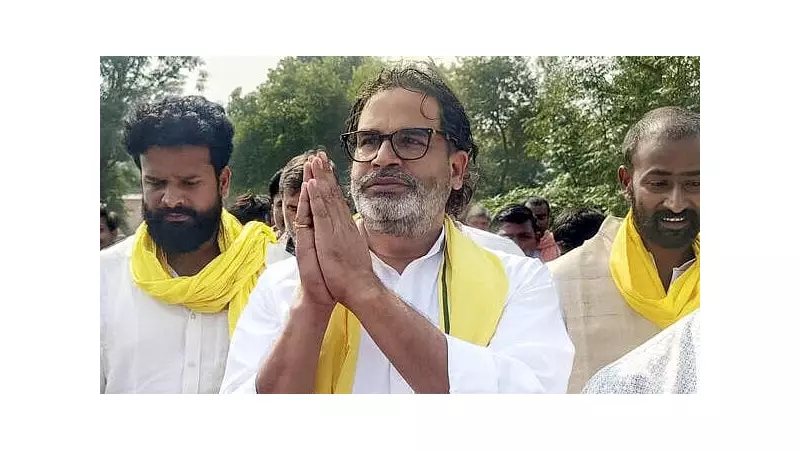
The recent Bihar assembly election results have delivered a stark reality check to those advocating for a development-focused political paradigm in the state. Contrary to expectations of a shift toward issue-based voting, the electoral outcome has reinforced the enduring power of traditional caste arithmetic and established political formations.
The Jan Suraaj Disappointment
Political strategist Prashant Kishor's much-publicized Jan Suraaj campaign failed to make any significant impact in the electoral arena. Despite extensive grassroots mobilization and promises of a new political culture, the initiative barely registered in the final tally. The results clearly indicated that voters preferred sticking with familiar political entities rather than experimenting with new alternatives.
The election, whose results were analyzed in detail on November 21, 2025, demonstrated that Bihar's political landscape remains dominated by the same forces that have controlled it for decades. The voting patterns revealed a clear preference for established leaderships and traditional social coalitions over new political experiments.
Return to Traditional Politics
Bihar's electorate has overwhelmingly returned to the same caste coalitions and established parties that have historically dominated the state's politics. This outcome challenges the narrative that development and governance issues would override identity-based voting patterns.
The results show that familiar leaderships continue to hold sway over the electorate, with voters displaying remarkable loyalty to political formations they have supported in the past. This trend persists despite various initiatives aimed at changing the political discourse in the state.
Broader Implications for Indian Politics
The Bihar election outcome raises important questions about the viability of development-centric political campaigns in states with strong identity-based voting patterns. The myth of the development vote appears to have been decisively busted in one of India's most politically significant states.
Political analysts Jehosh Paul and Ritu Kumar, in their examination of the results, highlighted how the election has reinforced the status quo rather than breaking new ground. The persistence of traditional voting blocs suggests that fundamental political change requires more than just alternative narratives about development and governance.
As Bihar continues with its familiar political arrangements, the 2025 election results serve as a crucial case study for understanding the complex interplay between development promises and identity politics in contemporary India.






